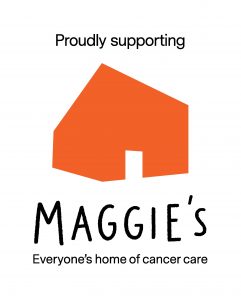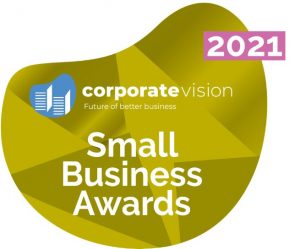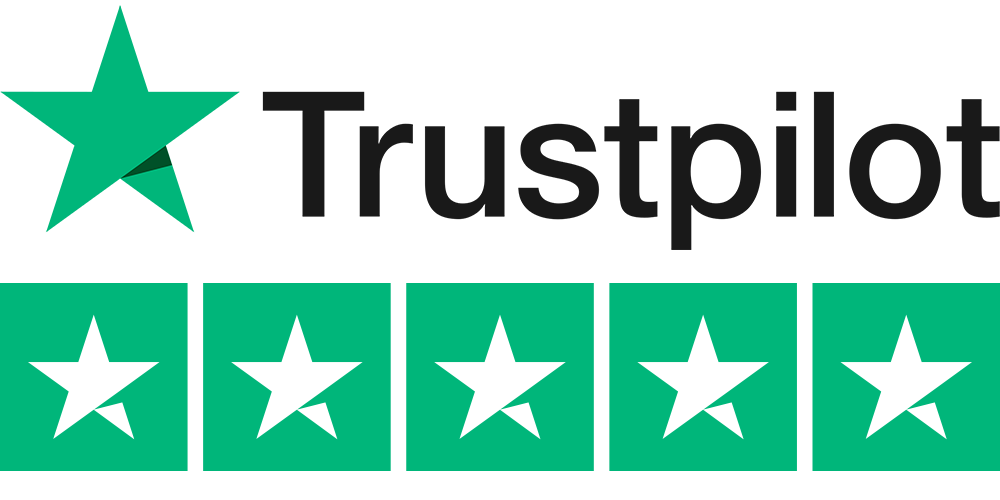Bankruptcy
What is bankruptcy?
Bankruptcy is a legal process that allows individuals with unmanageable debts to seek relief. It involves applying for a court order, after which your assets are distributed and sold to repay your creditors. In most cases, bankruptcy is discharged after 12 months, resulting in the cancellation of remaining debts. However, an income payment order may require you to make payments for up to three years.

There are certain advantages to going bankrupt, which include relieving the pressure of having to deal with creditors, being allowed to keep what is known as ‘exempt goods’ such as tools to do your job or a car with a value of under £2,000 and the fact that you are allowed to keep some of your income.
All this considered though, there are plenty of disadvantages as well, including the fact that you could be asked to make payments towards your debts for as long as 3 years (if your income is high enough) and it will be more difficult for you to take out credit whilst bankrupt.
Your credit rating will also be affected for 6 years.
Other potential implications include legal limits on how much you can borrow without notifying lenders that you’re bankrupt, as well as the potential of losing your home if it needs to be sold.
Bankruptcy may be the best option for some people, whereas it could be by far the worst for others, and each case has to be considered on its own individual merit. Click here for a checklist to see whether bankruptcy could be right for you.
There are lots of options out there for people in debt, but the timeline for how a person goes about declaring bankruptcy is laid out in the steps below:
- Step 1: make sure bankruptcy is the right option for you
- Step 2: complete the bankruptcy form and pay the fee
- Step 3: withdraw some money for your living costs
- Step 4: submit the application
- Step 5: wait for the adjudicator’s decision
- Step 6: bankruptcy order is made
- Step 7: co-operate with the official receiver
- Step 8: open a bank account
- Step 9: discharge from bankruptcy
Finally, let’s look at a few Benefits and Considerations for Bankruptcy:
Benefits | Considerations |
Protection from legal action and creditor demands | Adverse impact on credit rating for 6 years |
Court actions against you are likely to be stopped | Potential payment obligations for up to 3 years (if income is high enough) |
Outstanding debt is generally written off after 12 months | Difficulty obtaining credit while bankrupt |
Relief from dealing with creditors | Limits on borrowing without notifying lenders |
Exemption of certain goods (e.g., tools, car under £2,000) | Possibility of losing your home if sold |
Ability to retain some income | Bank account may be frozen |
Discharge from bankruptcy after the designated period | Personal assets may be sold to repay creditors |
Bankruptcy Compared to other Solutions
Bankruptcy
-
Debt written off after 12 months Asset distribution and potential loss
-
Legally binding agreement with creditors
-
Credit Rating impact: 6 years
-
No minimum debt level
-
Repayment: 12 months
IVA
-
Debt written off after fixed term (usually 5 years)
-
Legally binding agreement with creditors
-
Credit Rating impact: 6 years
-
Minimum debt of £6,000
-
Repayment: 5 years
DMP
-
Single consolidated monthly payment
-
Informal agreement with creditors
-
Credit Rating impact: Varies
-
No minimum debt level
-
Repayment: Varies
DRO
-
Debt written off after 12 months
-
Legally binding agreement with creditors
-
Credit Rating impact: 6 years
-
Debts below £30,000 and Personal assets below £2,000
-
Repayment: 12 months
Protected Trust Deed
-
Potential to keep home
-
Legally binding agreement with creditors
-
Credit Rating impact: 6 years
-
Minimum Scotland Residency of 6 months
-
Repayment: 4 years
*Please note that the durations provided are general guidelines and can vary based on individual circumstances. It’s important to consult with a licensed debt advisor or Insolvency Practitioner for accurate and up-to-date information regarding the duration and repayment terms of each debt solution.
Use our quick and easy debt tool here to find out whether a Bankruptcy is the best way for you to proceed or not.
It’s essential to seek professional advice and consider the specific details of each debt solution before making a decision. The suitability of a particular option depends on your individual circumstances and financial goals.
Contact us today | Get on track to a debt-free life
No one should have to deal with financial troubles alone. Whether you’re looking to resolve your financial struggle once and for all or just want to ease the burden by talking things through, we can offer you information and assistance on how best to proceed. Get in touch today to take the first step towards a better financial future. See if you qualify.




